In today’s competitive business environment, success depends not only on hiring the right talent but also on ensuring that employees perform at their best. That’s where performance management systems (PMS) come in. These systems are no longer just about annual performance reviews—they are about fostering accountability, continuous feedback, and long-term growth for both employees and organizations.
At Pro HR Concepts, we believe performance management should empower people, align individual goals with company vision, and create a culture of responsibility and achievement.
What is a Performance Management System?
A performance management system is a structured approach that allows organizations to:
- Define expectations and goals.
- Monitor and measure employee performance.
- Provide continuous feedback and coaching.
- Recognize achievements and address areas for improvement.
- Support professional development and career growth.
When implemented effectively, it becomes a roadmap that ensures employees know what is expected of them and how their contributions impact the organization.
Why Traditional Performance Reviews Fall Short
For decades, performance reviews were seen as a once-a-year exercise. However, businesses are finding that traditional reviews often fail because they:
- Focus on past mistakes instead of future growth.
- Create anxiety for employees rather than motivation.
- Lack consistency across departments or managers.
- Fail to provide actionable feedback in real time.
This outdated model does little to improve performance or engagement. Modern businesses need a dynamic system that encourages ongoing accountability and growth.
Key Elements of Effective Performance Management Systems
At Pro HR Concepts, we help organizations design performance management systems that deliver results. Here’s what makes them effective:
1. Goal Alignment
Employees perform better when they understand how their work connects to the company’s vision. Setting SMART goals (Specific, Measurable, Achievable, Relevant, Time-bound) ensures clarity and alignment.
2. Continuous Feedback
Rather than waiting for an annual review, managers should provide ongoing feedback. Regular check-ins foster communication, reduce misunderstandings, and keep employees motivated.
3. Clear Metrics and KPIs
Performance should be measured using objective, transparent metrics. Key Performance Indicators (KPIs) help track progress, ensuring accountability and fairness.
4. Employee Development Plans
Performance management isn’t just about evaluating—it’s about growing. Training, coaching, and mentorship should be built into the system to help employees reach their potential.
5. Recognition and Rewards
Acknowledging great work encourages employees to stay engaged and committed. Recognition can be financial (bonuses, incentives) or non-financial (public praise, career opportunities).
6. Technology Integration
Modern HR technology makes performance management seamless. Digital tools allow real-time tracking, data analysis, and employee self-assessments, making the process efficient and transparent.
How Performance Management Drives Accountability
Accountability means employees take ownership of their roles, decisions, and results. A strong performance management system ensures accountability by:
- Setting clear expectations from the start.
- Tracking performance objectively with data.
- Holding regular reviews that highlight both strengths and areas for improvement.
- Encouraging self-evaluation and personal responsibility.
When accountability becomes part of workplace culture, employees are more proactive, reliable, and committed to achieving their goals.
How It Promotes Growth
Performance management isn’t just about holding employees accountable—it’s also about helping them grow. Growth comes when employees:
- Receive constructive feedback and coaching.
- Access learning and development opportunities.
- Are encouraged to set personal and career development goals.
- Feel supported by leadership in their journey.
This approach creates a win-win scenario where employees feel valued and businesses benefit from increased productivity, innovation, and retention.
Benefits for Businesses
An effective performance management system provides businesses with:
- Higher Productivity: Employees are motivated and aligned with goals.
- Reduced Turnover: Engaged employees stay longer.
- Stronger Culture: Accountability builds trust and transparency.
- Better Decision-Making: Performance data supports promotions, raises, and succession planning.
Benefits for Employees
For employees, these systems deliver:
- Clarity: They know what is expected and how success is measured.
- Support: Access to coaching, training, and mentorship.
- Recognition: Their hard work is acknowledged and rewarded.
- Career Growth: A clear path to advancement within the company.
Why Partner with Pro HR Concepts?
At Pro HR Concepts, we specialize in creating performance management systems tailored to your business. Our approach includes:
- Assessing your current HR practices.
- Designing frameworks that align with your company goals.
- Implementing digital tools for real-time performance tracking.
- Training managers and employees to embrace the system effectively.
We ensure your performance management system isn’t just a formality—it becomes a driver of accountability and growth.
Conclusion
Performance management is more than annual reviews—it’s a culture of accountability, transparency, and continuous improvement. When done right, it transforms workplaces, motivates employees, and fuels business success.
At Pro HR Concepts, we help businesses build performance management systems that go beyond evaluation. We create systems that inspire, empower, and drive growth for everyone involved.

